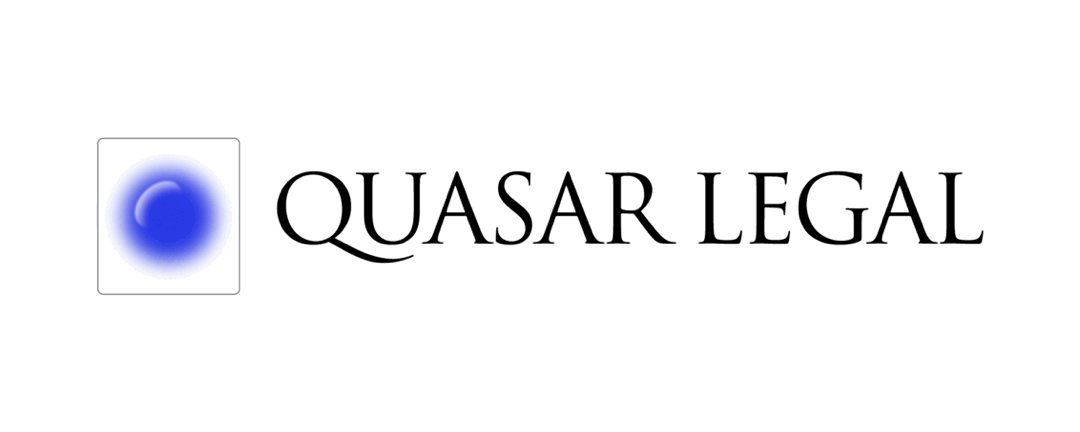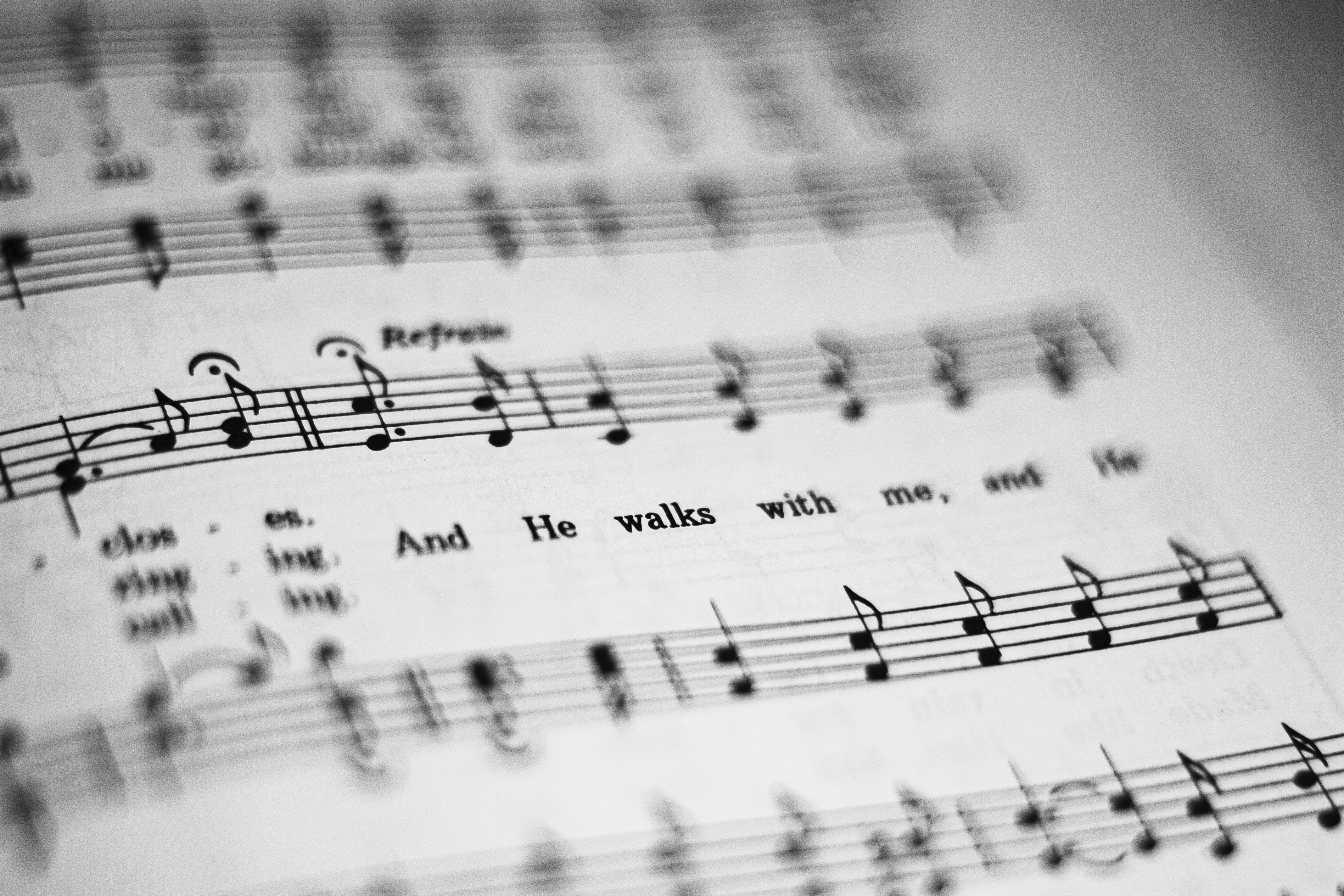The Bombay High Court recently decided in favour of the Indian Performing Rights Society in support of the rights of authors of underlying works to receive royalties when their works are used in sound recordings that are communicated to the public. This decision is a welcome determination on the position of law on royalty rights for the artist community who have long fought for their rights to receive royalties when their works are exploited and communicated to the public, outside the scope of theatrical use.
Facts
In March and December of 2022, the Indian Performing Right Society (“IPRS”, “plaintiff”) filed cases against Music Broadcast Limited[i] and Rajasthan Patrika Pvt. Ltd.[ii] (“defendants”), respectively, seeking to restrain the defendants from utilizing the repertoire of the plaintiff without paying royalties to the authors of the underlying literary and musical works (“underlying works”). The IPRS, a registered copyright society, filed these cases on behalf of the authors to receive royalties when the sound recordings containing their underlying works are communicated to the public. The defendants are radio stations that broadcast sound recordings to the public. Using ‘AirCheck’, the plaintiff, in September 2021, became aware that the defendants were broadcasting the sound recordings containing the underlying works belonging to the repertoire of IPRS, without paying appropriate royalties for utilizing the same. Aggrieved by the actions of the defendants, the plaintiff filed the present cases citing violation of Section 31D of the Copyright Act, 1957 (‘Act’) and contravention of the provisions of the Copyright (Amendment) Act, 2012 (‘2012 Amendment’) by the defendant.
The primary issue before the Court in both cases were whether the amendments to the Act brought into effect from 2012 has resulted in a change in the established position of law?
Plaintiff’s Arguments: Some of the arguments put forth by the senior counsel in both cases is as follows:
- The 2012 Amendment was brought about with the intention to protect the rights of authors of original underlying works.
- The 2012 Amendment reversed the position of law set by the Supreme Court in IPRS vs. Eastern Indian Motion Pictures Association and Others[iii], (“IPRS vs. EIMPA”).
- Sections 13 and 14 of the Act, which deal with the works in which copyright subsists and the exclusive rights of the owner of the copyright, respectively, contain the words “subject to provisions of this Act” and therefore, the exclusive right in a sound recording is circumscribed by amendments to Sections 17, 18, and 19 of the Act.
- The interpretation of Sections 13 and 14 in IPRS vs. EIMPA by the Supreme Court is nullified by the provisos added to Sections 17 (First owner of copyright), and 18 (Assignment of copyright), as well as 19 (Mode of assignment) sub-sections (9) and (10) inserted by the 2012 Amendment. By virtue of the provisos added to section 18, read with Section 13(1)(a), the right of authors of underlying works to collect royalties is assured when the underlying works are used while communicating the sound recording to the public.
- The right to collect royalties is a form of copyright, and the 2012 Amendment has given rise to a substantive right in favor of authors of underlying works.
Defendants’ Arguments: The senior counsels on behalf of the defendants heavily relied on the decision in the case of IPRS vs. EIMPA and contended that:
- The 2012 Amendment is merely clarificatory in nature and has not conferred any further rights to authors of underlying works.
- Sections 13 and 14 remain unaffected by the 2012 Amendment and the position of law laid in the case of IPRS vs. EIMPA case continues to apply.
- The right to communicate sound recordings to the public remains exclusive to them under section 14(e)(iii) of the Act.
- In IPRS vs. Entertainment Network (India) Limited[iv], (“IPRS vs. ENIL”), the Delhi High Court held that the amendments to the Act did not create any change in the law.
- The right to collect royalties under the provisos to section 18 cannot be recognized as a copyright.
Judgement & Analysis
The Bombay High Court decided in favour of the plaintiff, IPRS. The Court considered the decisions in the cases IPRS vs. EIMPA, Music Broadcast Private Limited vs. IPRS, and IPRS vs. Aditya Pandey in detail wherein the respective Courts held in favour of the exclusive right of the owners of the sound recording against the right of the authors of underlying works. However, the Bombay High Court upheld IPRS’s arguments and found substance in their submissions, while rejecting the defendants’ contentions.
Some of the crucial observations of the Bombay High Court are as follows:
- The amendments to Sections 17, 18 and 19 of the Act have created a substantive right in favour of authors of underlying works and changed the position of law in their favour when read with Sections 13 and 14 of the Act. By containing the words ‘subject to the provisions of this Act’, Sections 13 and 14 of the Act are circumscribed by provisions of the Act, including the amendments introduced to Sections 17, 18 and 19, which are very much part of the Act.
- The exclusive right of owners of sound recordings under Section 14 is subject to the amended Sections 17, 18 and 19, which entitles the authors of the underlying works to collect royalties when the sound recording containing such underlying works are communicated to the public. There is no need to amend Sections 13 and 14 of the Act to further the object of the 2012 Amendment.
- The provisos to Section 18 mandate royalties to be paid to authors of underlying works when their works are used in sound recordings that are communicated to the public, except for when such work is communicated along with a cinematograph film in a cinema hall. The Court held that this provision made it very clear that when the underlying works are used in any manner other than in a cinema hall, the authors are entitled to royalties. The 2012 Amendment has changed the position of law laid down by the Supreme Court in IPRS vs. EIMPA. It cannot be said that underlying works are subsumed in a sound recording.
- Communication of sound recordings to the public amounts to use of the underlying works, whose authors have a right to collect royalties. When sound recordings are communicated to the public through radio stations, the amendments to Sections 18 and 19 are applicable. Authors of underlying works are entitled to claim royalties when the sound recording is communicated to the public through radio stations, including the defendant’s radio stations.
- Most importantly, the court held that, “the purpose of the amendments brought about in the Copyright Act in the year 2012 cannot be defeated by seeking an escape route of claiming that the right to collect such royalties under the amended provisions does not fall within the definition of ‘copyright’”. The law now stands changed, and the defendants cannot avoid royalty payments to authors of underlying works.
In light of the above decision, the Court granted interim reliefs in favour of the plaintiff, restraining the defendants from communicating to the public the sound recordings containing the underlying works of authors belonging to the repertoire of IPRS, without paying royalties to the authors; and directing the defendants to announce the names of the authors of the underlying works with each broadcast of the works.
The Bombay High Court has finally shed light on a highly contested aspect of the copyright law and granted noteworthy recognition to the right of authors of underlying works to receive royalties when sound recordings containing the underlying works are communicated to the public. The Court has harmonized the interpretation of the amendments introduced to Sections 17, 18 and 19 of the Act against the decisions in different cases wherein the right of authors of underlying works was not recognized. By holding that authors of underlying works are entitled to receive royalties when their works are communicated to the public along with a sound recording, the Court is setting a precedent for other Courts in the country to follow with respect to the interpretation of the 2012 Amendment in favour of authors of underlying works.
Authors of underlying works are often required by producers of sound recordings or cinematograph films to waive their right to receiving royalties. Prior to the 2012 Amendment, such a waiver meant that the authors would not be entitled to receive royalties at all. However, following the 2012 Amendment, the proviso added to Section 18 does not allow for the right to receive royalty to be assigned by the authors of the underlying works. This position of law has been confirmed by the Bombay High Court which mandates anyone who communicates underlying works to the public along with sound recordings to pay the appropriate royalties to the authors of the underlying works, even if the authors have assigned their rights in such underlying works to producers under a contract. This judgment is a positive step towards the recognition of the rights of composers and lyricists in the entertainment industry, although it remains to be seen whether the same position will be adopted by different courts in the country and, ultimately, the Supreme Court.
[i] Commercial IP Suit No.84 OF 2022
[ii] Commercial IP Suit No.193 OF 2022
[iii] (1997) 2 SCC 820
[iv] CS (O.S.) No.666 of 2006



